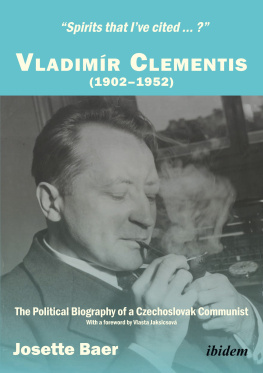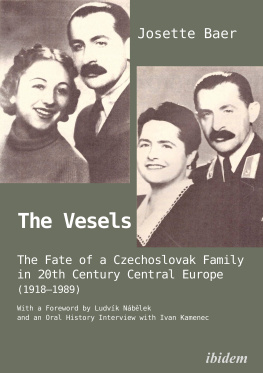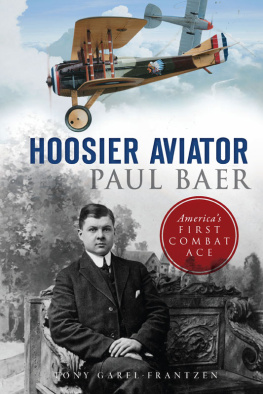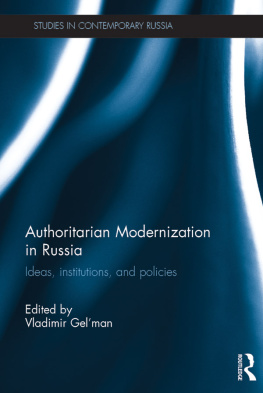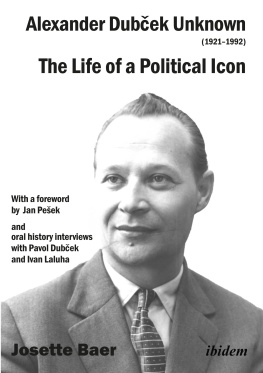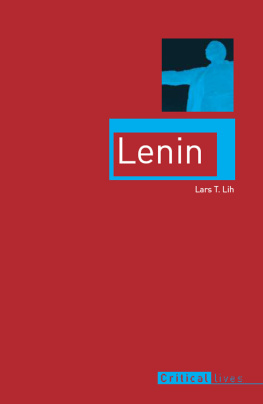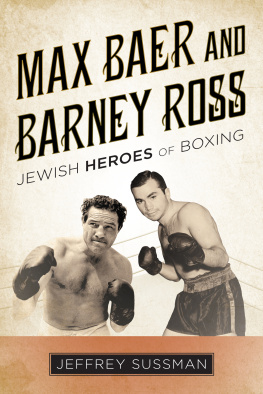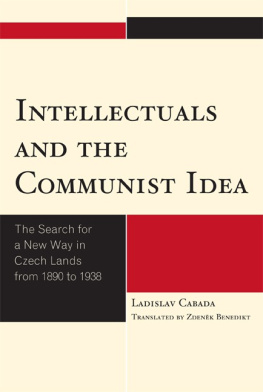Abbreviations
Archives and libraries
ABS USTRRArchiv Bezpenostnch Sl stav pro Studium totalitnch reim esk Republiky Archives of the State Security Services at the Institute for the Study of Totalitarian Regimes of the Czech Republic, Prague.
AMZV RArchiv Ministerstva Zahraninich Vc esk Republiky Archive of the Ministry of Foreign Affairs of the Czech Republic, Prague.
H SAV Historick stav Slovenskej Akadamie Vied Institute of History at the Slovak Academy of Sciences
SNA Slovensk Nrodn Archv, Bratislava The Slovak National Archives, Bratislava, Slovak Republic.
SNK Slovensk Nrodn Kninica, Martin The Slovak National Library, Martin, Slovak Republic.
OF VCOsobn Fond Vladimr Clementis Personal Fond Vladimr Clementis
USD AV R Ustav pro Soudob Djiny Akademie Vd esk Republiky Institute for Contemporary History at the Academy of Sciences of the Czech Republic
Political parties, associations and organizations
COMECON Council for Mutual Economic Assistance; see RVHP
CP Communist Party
CPI Communist Party of Israel
SSD esk Strana Sociln Demokratick Czech Social Democratic Party
T esk Televize Czech National TV
DS Demokratick Strana Slovak Democratic Party
HG Hlinkova garda Hlinka Guards
HSS Hlinkova Slovensk udov Strana Hlinkas Slovak Peoples Party
IDF Israel Defence Forces
IMRO Inner Macedonian Revolutionary Organization
KPSS Kommunistieskaia Partiia Sovetskogo Soiuza Communist Party of the Soviet Union
KS Kommunistick Strana eskoslovenska Czechoslovak Communist Party
KSS Kommunistick Strana Slovenska Slovak Communist Party
MP Member of Parliament
MZV Ministerstvo Zahraninch Vc Czechoslovak Ministry of Foreign Affairs
NAM Non-Aligned Movement
NATO North Atlantic Treaty Organisation
NF Nrodn Fronta National Front
NKVD Narodnii Kommissariat Vnutrnnikh Del The Peoples Commissariat for Internal Affairs
OSS Office of Strategic Services, USA
RVHP Rada vzjomnej hospodrskej pomoci Council for Mutual Economic Assistance
SPS Slovensk Poslaneck Klub Slovak Parliamentarians Club
SS Slovensk udov Strana Slovak Peoples Party
SNP Slovensk Nrodnie Povstanie the Slovak National Uprising against Nazi Germany on 29 August 1944
SNR Slovensk Nrodn Rda Slovak National Council
SNS Slovensk Nrodn Strana Slovak National Party
SSSR Soiuz Sovietskich Socialistieskych Respublik Union of the Soviet Socialist Republics
StB Sttn Bezpenost Czechoslovak State Security Service
STV Slovensk Televzia Slovak National TV
UNRRA United Nations Relief and Rehabilitation Administration
V KS stedn vbor Kommunistick Strana eskoslovenska Central Committee of the Czechoslovak Communist Party
V KSS stedn vbor Kommunistick Strana Slovenska Central Committee of the Slovak Communist Party
WJC World Jewish Congress
Acknowledgements
Writing the first political biography of Vladimr Clementis in English was a journey to the past, to my student years at the University of Zurich. In the early 1990s, I attended a seminar on East European History, focussing on the show trials in the Soviet satellite states. Carsten Goehrke was our professor, an excellent teacher.
We students wondered why stout Communists in Hungary, Czechoslovakia, Romania, Bulgaria and Poland, who had fought in the Spanish Civil War and survived Nazi concentration camps, would admit to crimes that, given their dedication to Marxism-Leninism, they could not possibly have committed. In the course of the seminar we realized that we too would have confessed, that everybody would confess if subject to that particular kind of physical and psychological torture.
Systematic deprivation of sleep, beatings, cold prison cells, the loss of ones high position, the sorrows about ones family, endless interrogations and, above all, the appeal to Party discipline. These methods destroyed the resilience and resistance of the fiercest believers in Marxism-Leninism, all of them in top Party and government positions at the time of arrest.
We students further learnt that the blueprints of the show trials in the satellite states had been drawn up in Moscow in the 1930s. The show trials of Grigorii I. Sinoviev (18831936), Lev B. Kamenev (18831936) and Nikolai I. Bukharin (18881938) enjoyed a brutal renaissance in Central and Eastern Europe, starting with the trial of Lszl Rajk in Budapest in the autumn of 1949. In view of the emerging Cold War, the Soviet Union needed a disciplined bloc to be prepared for the fight against Western Capitalist Imperialism. The mastermind, whose shadow loomed over Prague in 1952, was Generalissimus Stalin. The Czechoslovak show trial focussed on the Czech Rudolf Slnsk, the former General Secretary of the Czechoslovak Communist Party.
I was curious about the Slovak Communists, in particular, Vladimr Clementis, Foreign Minister and member of the Central Committee. In this volume, I tried to convey to the reader how the political history of Central Europe affected the life of a Slovak Communist, intellectual and politician. I tried to probe into Clementis thought and activities with a dispassionate and rational approach. The history of Czechoslovakia in the crucial years from 1945 to 1948 can teach us a lot about Realpolitik, political strategy in domestic and foreign affairs, psychology and lastly, the range of choices a Communist politician and diplomat had at his disposal.
Almost thirty years after the fall of Communism in Europe in 1989, there are still blank spots in the history of Slovak Communism. The Czechoslovak show trial of 1952 has been largely researched, but the Western reader is much more familiar with the fates of the Czech Communists. I hope that this biography will be helpful, especially for the younger generation that did not witness the Cold War, in understanding the Slovak part of Czechoslovak Communism with its distinct goals and plans, emblematically embodied in the fate of Clementis. Cicero was perfectly right in saying that history is magistra vitae, the grand teacher of mankind. Where else could we learn about politics than from history?
As a scholar specializing in Central European intellectual history, I want to understand how people thought in their particular historical context and why they acted the way they did. What motivated Clementis to join the Czechoslovak Communist Party as a law student at the prestigious Charles University in Prague, the capital of the only democracy in Central Europe in the interwar period? Why did he return to the Party after having broadcasted for the Bene exile government in London during WWII? These are but two of the questions that have puzzled me over the last three years while writing this book.
My thanks: The Stiftung zur Frderung der wissenschaftlichen Forschung at the University of Zurich UZH granted me a generous stipend, which allowed me to do research in the archives. I am greatly indebted to my colleagues and friends for their interest in my research and willingness to discuss specific issues with me. In alphabetical order: Jozef Ban, Juraj Benko, Valerin Bystrick (), Zdenka Garnotov, Frank Grner, Ivan Kamenec, Kristina Larischov, Hermann Lbbe, Adis Merdzanovic, Slavomr Michlek, Daniel E. Miller, Marie Neudorflov, Jan Peek, Francis Raska, Duan ege, Nikola Todorovi, Valentina Welser, and my friend XY, whose wish for anonymity I respect.

